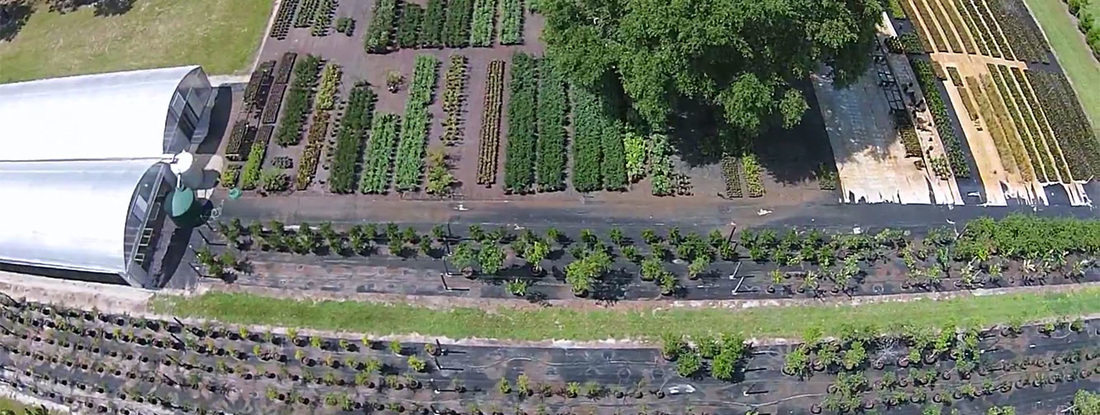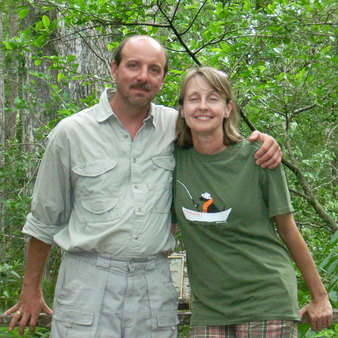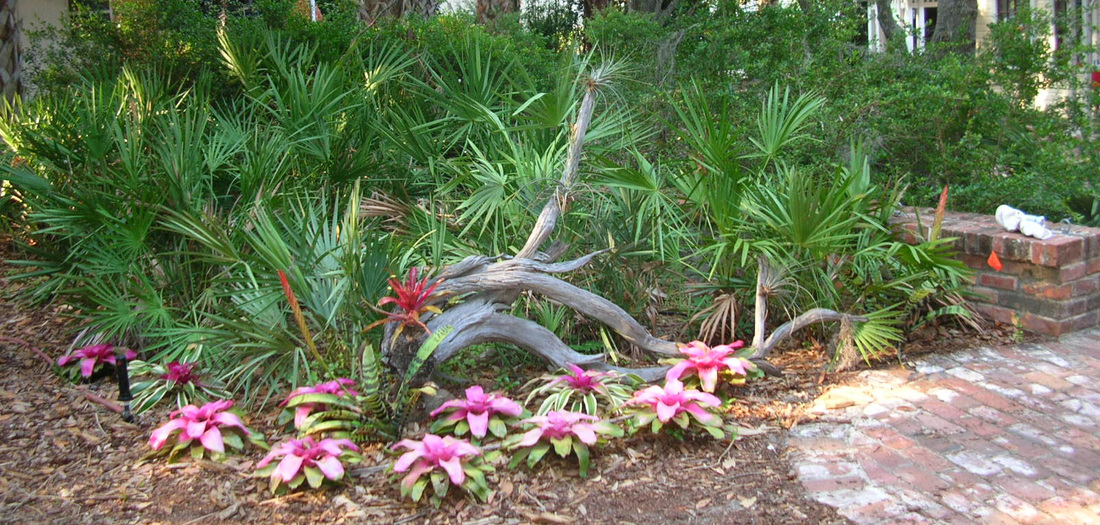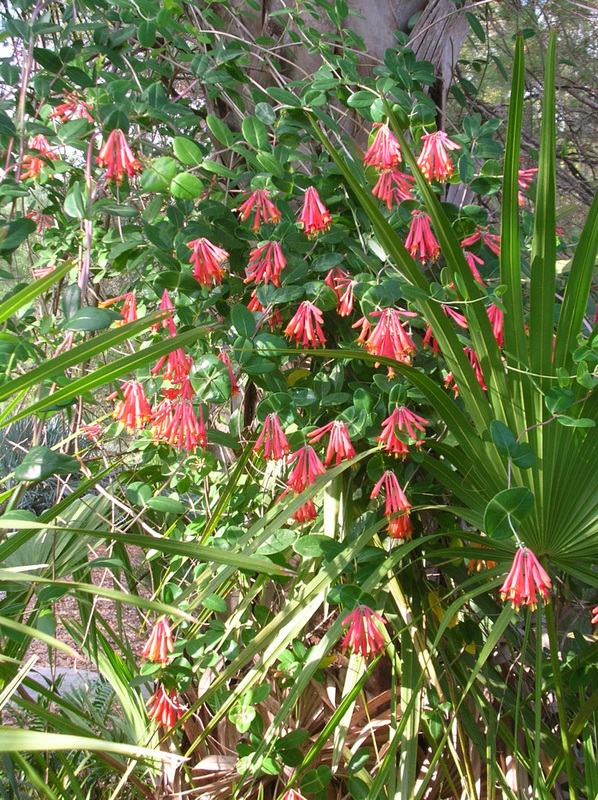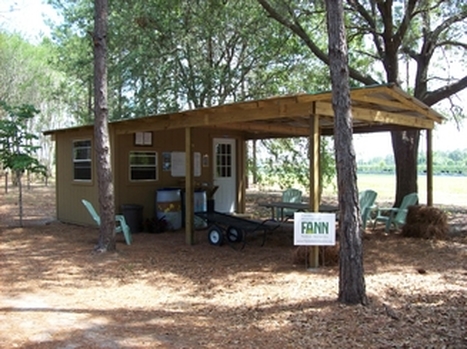|
Marc and Terry Godts met First Green Bank President Ken LaRoe in the early 2000s when they were working together to lobby local government to protect critical water recharge land areas from development.
Marc believes the public policy route is the most effective way to bring about meaningful change in both consumer and commercial landscaper demand. “The people who make policy are the ones that will have to help change the values of the masses,” he maintains. |
the challenge: meeting investor expectationsPortrait of a First Green Bank Investor:
|
The art of native plant landscaping, says Marc, is to match the plant to the exact site location.
|
For the Godts the most profound benefit of natives is their provision of a pollinator-, bird-, and creature-friendly habitat amid the suburban sprawl and increasingly urbanized spaces that characterize Central Florida.
|
He acknowledges that native plants have traditionally been a tough sell to the American consumer who prizes green lawns and exotic shrubbery. And Central Florida locals are no exception. But native plant advocates in the region have worked diligently to alter that aesthetic, through an education campaign directed at public agencies and elected officials. In Clermont, for example, construction code now requires that 50 percent of a new installation be native plant cover. Lawns must also be planted in one of several species of pasture grass that require minimal watering. Marc believes the public policy route is the most effective way to bring about meaningful change, in both consumer and commercial landscaper demand. “The people who make policy are the ones that will have to help change the values of the masses,” he maintains.
Marc and Terry met First Green Bank President Ken LaRoe in the early 2000s when they were both lobbying local government to protect critical water recharge land areas from development. Terry had fallen in love with a remnant of scrub habitat in Clermont and was trying to save it. At the time Lake County did not have a land acquisition program. Ken and other like-minded locals joined them for what turned out to be a successful campaign to get a tax-funded land acquisition program on the ballot. |
|
Green Isle Garden's office building is unassuming but functional, offering protection from the elements and a place to pause and rest.
|
Marc attributes the amazing success of this ballot measure in conservative Lake County—an overwhelming 72 percent of voters approved it—to local awareness of the fate of nearby Orlando, a city that had not planned for open space preservation during its period of rapid development. “They realized what a difference parkland makes to a growing urban community and what the lack of it means for quality of life,” he reports.
Because they had worked so closely with Ken on the land acquisition program and understood how authentically their values were aligned, when Ken approached Marc and Terry to invest in First Green Bank in 2008 they took little convincing. “We were happy to help another small business get established in our community, one that was led by someone who had similar values to ours," Marc reports. "We didn’t look at it as a short-term-profit investment It was a long -term investment in our community.” While he was fortunate to have invested profitably in technology stocks in the late 1990s, Marc explains that his goal in life “is not to have more money. It is to create good community awareness. And Ken’s philosophy and the bank's is part of that.” |
more on meeting investor expectations:
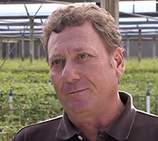
David Raab, President of Roseville Farms & First Green Bank Investor
"Kenny has proven that values and banking are not mutually exclusive." READ MORE |
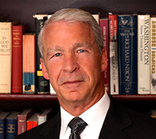
Evangelical Minister and First Green Bank Board Member Joel Hunter
"There has also been a certain amount of conflict on the board of directors and I see myself in a peacemaker role there." READ MORE |

Jim Gissy, VP, Westgate Resorts and FGB investor
“I like the idea that their focus is thinking about sustainability of the environment. What good will it do if the environment is screwed up? It won’t matter how much money you have.” READ MORE |
